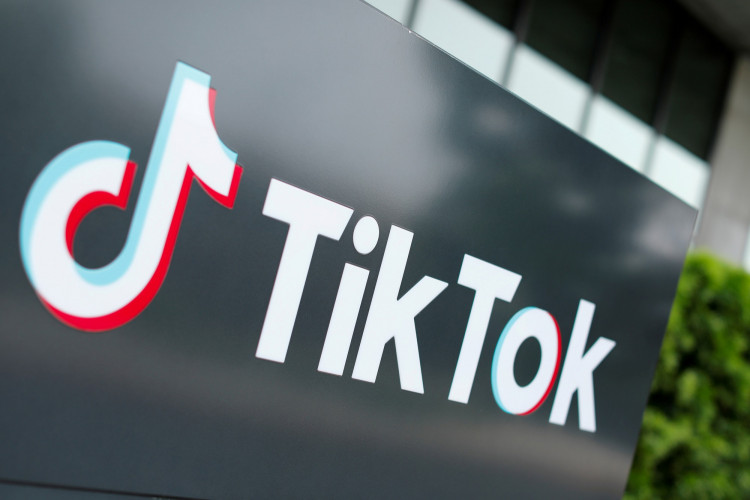The Department of Justice (DOJ) has urged a U.S. appeals court to deny TikTok's emergency request to block a looming law that could force the app's Chinese parent company, ByteDance, to sell its U.S. operations or face a ban. The law, set to take effect on January 19, 2025, has sparked fierce legal battles and political debate over national security and free speech.
The DOJ's filing on Wednesday underscored the government's position that continued Chinese ownership of TikTok poses "a continuing threat to national security." The agency contends that ByteDance's ties to China could enable data surveillance or influence operations by the Chinese government. TikTok, which boasts more than 170 million U.S. users, has called the claims speculative and unconstitutional.
In its emergency motion filed Monday, TikTok argued that a short delay in the law's implementation would not compromise national security, noting that if the risks were truly imminent, the U.S. would have already acted to enforce divestiture. "The Supreme Court has an established historical record of protecting Americans' right to free speech, and we expect they will do just that on this important constitutional issue," said TikTok spokesperson Michael Hughes. He criticized the law as censorship that could silence millions of voices.
TikTok's legal team also pointed to political uncertainty, arguing that President-elect Donald Trump, who assumes office on January 20, has publicly opposed a TikTok ban and could change the government's approach. President Joe Biden, who signed the divestiture requirement into law in April, has the authority to grant a 90-day extension to the deadline but has not indicated whether he will do so.
The Justice Department's filing clarified that while the January 19 deadline would not immediately block users from accessing TikTok, the law would make the app "unworkable" over time. The U.S. government could also leverage the law to restrict other foreign-owned apps deemed security risks, a move reminiscent of Trump's previous but failed attempts to ban Tencent-owned WeChat in 2020.
TikTok's future now hinges on a complex interplay of legal, political, and corporate decisions. A three-judge panel of the U.S. Court of Appeals for the District of Columbia recently upheld the law, bringing the case one step closer to the Supreme Court. ByteDance has vowed to pursue all legal avenues, but analysts say the clock is ticking.
President Biden has faced bipartisan pressure to take a tough stance on TikTok. Lawmakers have expressed concerns about the app's potential misuse for surveillance or propaganda. However, Biden's decision to pardon his son Hunter on unrelated charges has intensified scrutiny of his administration's decisions, adding to the high-stakes atmosphere surrounding the TikTok case.
The potential sale of TikTok could reshape the landscape of social media in the U.S., where the app has grown into a cultural phenomenon. ByteDance has so far resisted calls to divest, signaling it would rather fight the law than relinquish control.






